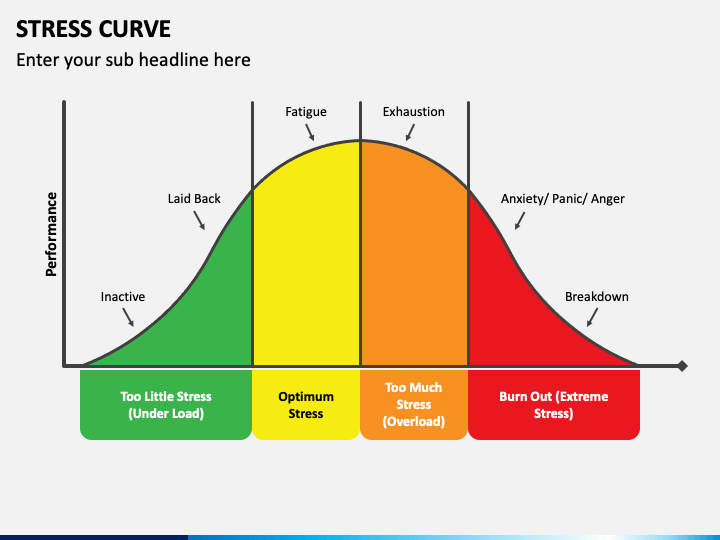Trigger warning: This blog post addresses issues relating to mental health and sexual harassment
The DPC’s organizational motivations for carrying out the Digital Preservation Community Mental Health and Wellbeing Survey are mentioned in its introduction. However, as the member of staff leading on this work, I wanted to take a few minutes to talk about why it is important to me, personally. To share some experiences that I have had that have made awareness raising and good mental health important priorities for me.
I’ve been open in recent years about my own struggles with anxiety and depression. Indeed, I’ve blogged about it here on the DPC website in 2019, 2020, and 2022 to coincide with national and international awareness raising events. My struggles with mental health have not been caused by work-related issues: my family, unfortunately, has a predisposition to issues with depression. I also suspect that I may be some flavor of neurodiverse, which often goes hand in hand with issues of depression, but have yet to find the energy and mental fortitude to fight for an assessment via the NHS to find out if this true (I’ve heard too many stories of GPs resistant to making referrals and long waiting lists).
I can’t deny though that my struggles have been exacerbated at times by work. Over my 17 years of working in digital preservation there have been definite highs and lows. A good while back now, there was a significant period of time where I truly hated what I was working on, and it wore me down. Indeed, if had had enough of a financial safety net I would have quit the role I had then. But the high costs of the education required to work in this field meant I had too much debt and was very much living paycheck to paycheck. A good example of how problems can stack, why we need to diversify routes into the profession, and be serious about jobs with security that offer suitable levels of compensation.

One of the biggest problems I’ve faced in relation to mental health and work has been stress, and I imagine that is the case for many people. In relation to this, always think of the “stress curve” I first encountered as part of mental health first aid training a few years back (see image), it acknowledges that some stress is necessary to reach peak performance, but that it is all too easy to get to a point where stress will begin to impact negatively. This past year has certainly been a rollercoaster of stress for the DPC, particularly as we tried to balance everyday work with iPres 2022. I know I was really burnt out afterwards, even though I’d tried to be conscious of making time for self-care. Indeed, as an example of how issues can accumulate, I’ve been experiencing physical health issues in the past year that my doctors believe are most likely caused by stress and anxiety. Mental health can also seriously impact our physical health.
I’m going through that a bit again right now with the tight deadlines of the current Novice to Know-How project, and I’ve had a few ropey days lately. But I also find the work so rewarding and fulfilling that I’ve accepted short-term difficulties to facilitate long-term goals. Whether this is healthy or not, I’m still not sure.
I have also had negative experiences because of my gender. Especially earlier in my career. There were more examples that I care to think about where I was talked down to, ignored, and belittled because I was a woman in a male-dominated environment. There were also two particular incidents in work-related social situations that left their mark. One where a man felt he had the right to slap my behind, and another where two male colleagues decided to use my cleavage for target practice, throwing corks at me while I was running a quiz at a social event. On both occasions I was so shocked I didn’t say anything and even now, many years on, I still regret not taking action.
We all hope things have improved, but it’s far from a solved problem. At a recent meeting I heard the early results of a forthcoming survey report showing that gender imbalance definitely still exists. One stat stood out, 3 out of 4 people working within the field of information management within the UK identify as female, but representation in senior management positions follows roughly opposite proportions, heavily favoring those who identify as male.
Something else that has more recently negatively impacted my mental health has been social media. I’ve almost completely stopped using it in my personal life, the cons were far outweighing the pros. For work I’ve generally had more positive experiences, but lately I’ve seen some exchanges that have worried or upset me. In particular, posts that were maybe intended to be “honest” and offer constructive criticism and feedback but walked (and sometimes maybe crossed) the line of rude, bullying, or harassing. It’s hard to convey subtleties in 280 characters, and I sometimes worry we forget that real people sit behind those handles and that we should always afford them the respect and kindness we would wish to receive ourselves.
This brings me round neatly to the title for this blog post “Treat People with Kindness”. I always pick a song title for blog posts, papers, and articles, and, on this occasion, I make no apologies for choosing a Harry Styles song. Sometimes there’s nothing better for your mental health than some happy pop! But I want to also use it as a reminder that the survey is not just about collecting negative experiences. It also asks questions about good practice for supporting mental health and wellbeing, hoping to gain insight into what we need and can do as a community to support ourselves and each other.
And I have hope. Yes, I’ve had negative experiences during my time working in digital preservation, but thankfully these have been outweighed by positives. I’ve had the chance to work with so many kind, respectful, and dedicated people, and there’s been plenty of fun times too. All the joyful greetings and hugs (always with consent!) at iPres 2022 offer a prime example of this.
As with accepting stress at times to help reach a positive goal, I know that working through the results of this survey will likely be challenging emotionally, but I want to keep a clear focus on the potential positive impacts this work can make. I’m also excited to begin work with the planned Task Force to start making plans and putting them into action. As you can guess after reading this blog posts, I’ve had plenty of experiences over that years that have provided ideas and motivation for this work.
As it says at the end of the introduction to the survey: “People Make Digital Preservation”, if we are to be successful in our work, we need to reach a place where the people of digital preservation feel valued, supported, and fit to take on the challenge. If you have not completed the survey already, please do consider doing so. Every response helps. It is open until 12th April 2023.
And my hopes for the future, offered via the words of Harry Styles….
Maybe we can
Find a place to feel good
And we can treat people with kindness

















































































































































